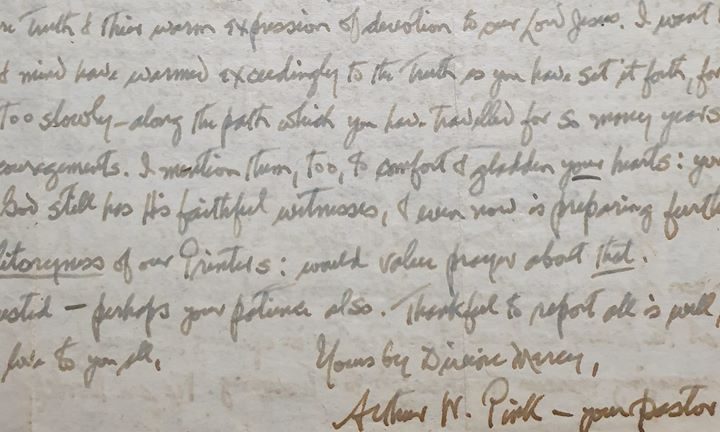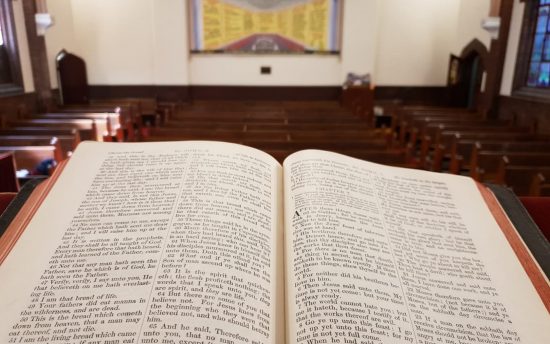Greetings in the blessed Name of Him who says, “I would have you wise unto that which is good and simple (uninformed and unacquainted – the opposite of “wise”) concerning evil.” (Rom. 16:19). I wonder if you have ever pondered the second clause or sought to ascertain what it signifies and implies?
Content
New Light On The Early Ministry Of A. W. Pink (Part 2)
Little documentation exists for Pink’s time in California. The Riverside Enterprise newspaper confirms—as Murray speculates—that Pink spent this time pastoring in the Garden Grove area.
New Light On The Early Ministry Of Arthur W. Pink (Part 1)
In the last 50 years, the writings of Arthur W. Pink (1886-1952) have influenced the resurgence of Calvinism in both in the United States and Great Britain.
The Divine Love (Unpublished Sermon)
The first thing to be considered in regard to these 3 passages is of whose love do these verses treat. Are they speaking of God’s love for His people, or for their love to & for Him?



